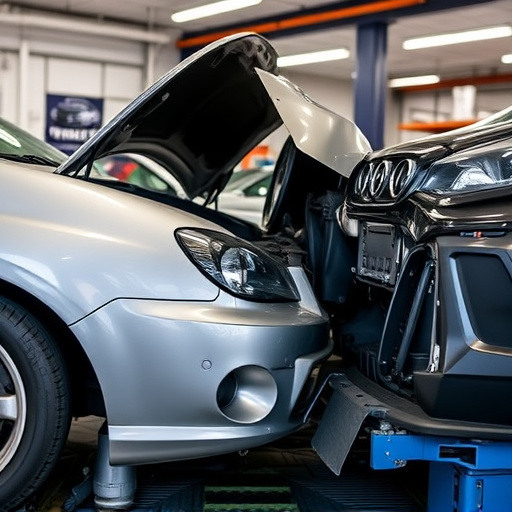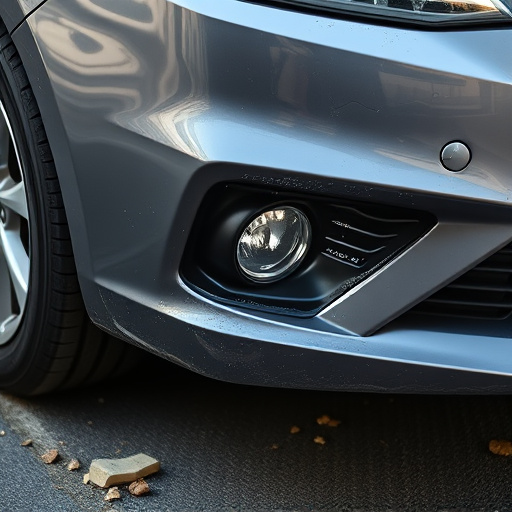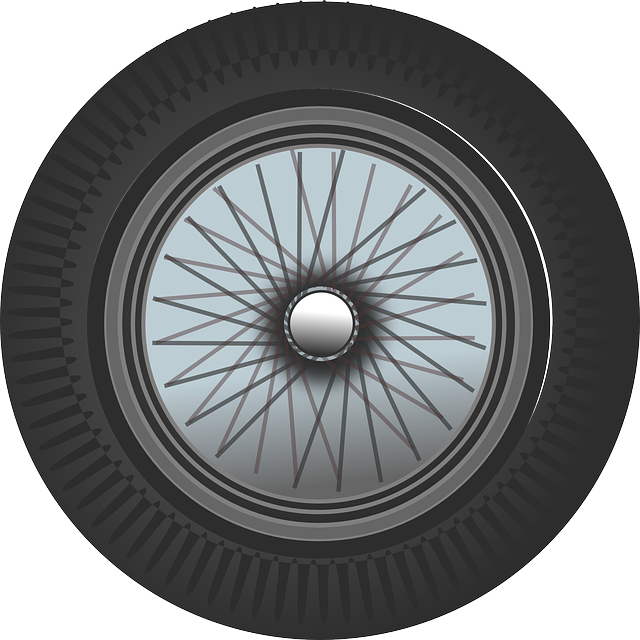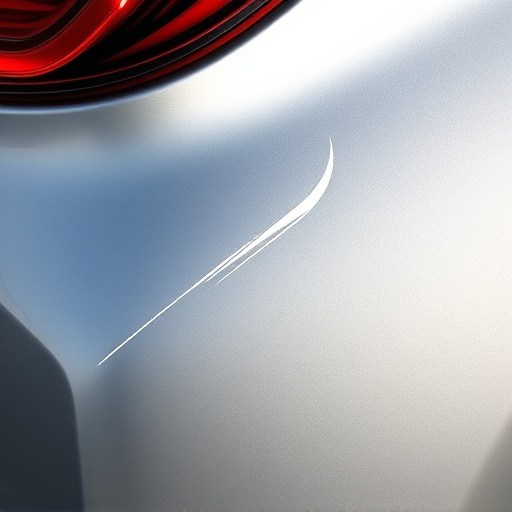After a heavy-duty truck collision, seek legal guidance to understand rights and navigate claims for lost wages. Document expenses, including auto repair, dent removal, and keep records of communications. File a personal injury claim with medical records and wage stubs; calculate lost wages as pre-post accident earnings difference. Negotiate or sue if needed; restoring your vehicle is important but recovering lost wages is crucial for financial stability post-accident.
After a heavy-duty truck collision, recovering lost wages can be a complex process. Understanding your rights and knowing how to document and prove your case are crucial steps in navigating this challenging landscape. This article guides you through the intricacies of the legal process, from recognizing your entitlements to securing compensation for income loss. By delving into these key areas, you’ll gain insights that underscore the importance of seeking justice following a heavy-duty truck collision.
- Understanding Your Rights After a Heavy-Duty Truck Collision
- Documenting and Proving Your Case for Lost Wages
- The Legal Process to Recover Compensation for Income Loss
Understanding Your Rights After a Heavy-Duty Truck Collision
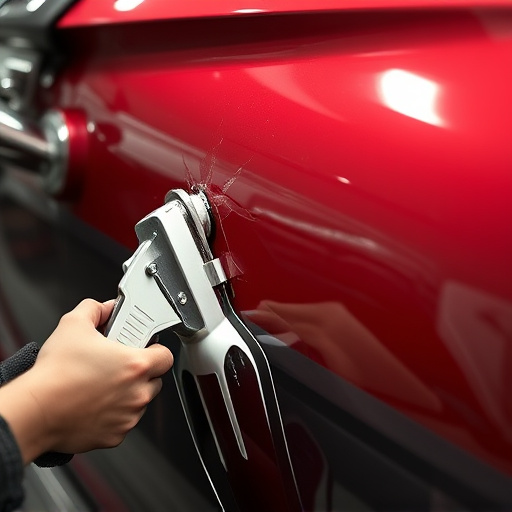
After a heavy-duty truck collision, understanding your rights is crucial. In many cases, individuals involved in such accidents are entitled to compensation for their losses, including recovered wages due to injury or time away from work. It’s important to know that state laws vary regarding personal injury claims, so it’s essential to familiarize yourself with the regulations specific to your region.
Seeking help from legal professionals experienced in handling heavy-duty truck collision cases can be immensely beneficial. They can guide you through the process of filing a claim and ensure you receive fair compensation for your losses, including any disruption to your income caused by medical treatment or physical recovery required after the accident. Additionally, considering services like auto repair, car dent repair, or automotive body work may be necessary steps in regaining mobility and restoring your vehicle to pre-collision condition, all of which can contribute to a complete recovery.
Documenting and Proving Your Case for Lost Wages
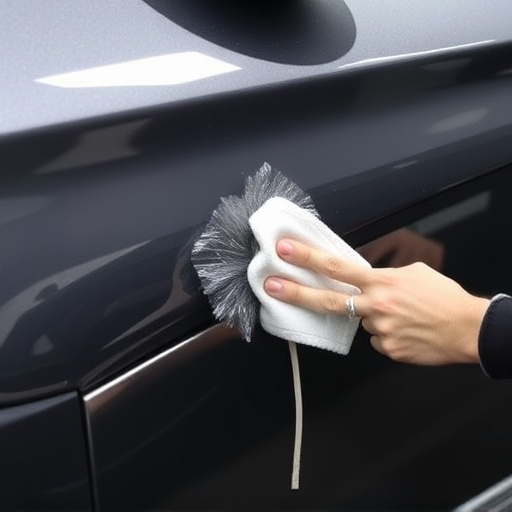
After a heavy-duty truck collision, documenting and proving your case for lost wages is crucial. This involves gathering comprehensive records that detail your employment status, income, and any financial losses incurred due to the accident. Start by collecting your pay stubs, tax documents, and any contracts or agreements related to your work. Additionally, consider taking photographs of any visible damage to your vehicle—even minor dents or scratches can be significant evidence in a collision repair process. These steps are vital as they provide concrete proof that supports your claim for compensation, especially when dealing with insurance companies or pursuing legal action against the at-fault party.
It’s essential to keep detailed records of any communication related to the incident and subsequent efforts to resolve the issue. This includes conversations with employers, insurance adjusters, and even visits to auto repair shops (including collision repair shops). While these may seem like mundane tasks, they contribute to a comprehensive case that can significantly enhance your chances of recovering lost wages. Remember, thorough documentation is key in navigating the complexities of heavy-duty truck collisions and ensuring you receive fair compensation for any financial setbacks caused by the accident.
The Legal Process to Recover Compensation for Income Loss
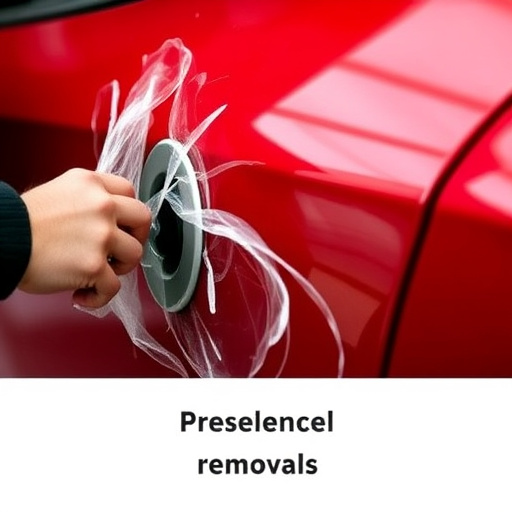
After a heavy-duty truck collision, recovering lost wages due to income loss is a crucial step in the process of financial recovery. The legal process typically begins with filing a personal injury claim against the at-fault party or their insurance provider. This involves gathering essential evidence such as medical records detailing any injuries sustained and wage stubs showing your average earnings before the accident.
Once a claim is filed, it undergoes several stages. First, an assessment of your damages will be made to determine the value of your lost wages. This may include calculating the difference between your pre-accident earnings and post-accident income, taking into account any reduced work capacity or temporary disability. If negotiations with the insurance company fail to reach a satisfactory settlement, you may need to file a lawsuit to pursue legal action for compensation. The process involves presenting your case before a judge and jury, who will ultimately decide on an appropriate award for your lost wages and other damages incurred from the heavy-duty truck collision. Remember that car restoration and dent removal are important steps in getting your vehicle back on the road, but recovering lost wages is equally vital to ensuring financial stability during recovery.
After a heavy-duty truck collision, understanding your rights and taking proactive steps to document and prove your case for lost wages is crucial. By thoroughly reviewing your employment records, gathering medical evidence, and familiarizing yourself with the legal process, you can navigate the road to recovery more effectively. Don’t let financial setbacks delay your comeback; take action to secure the compensation you deserve for income loss stemming from a heavy-duty truck collision.









